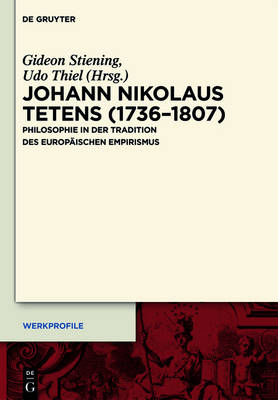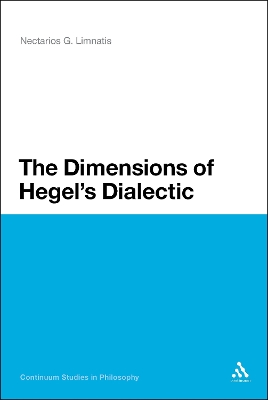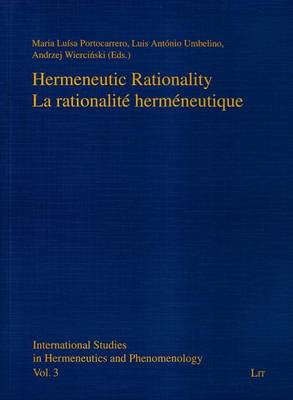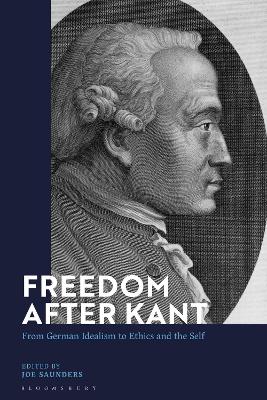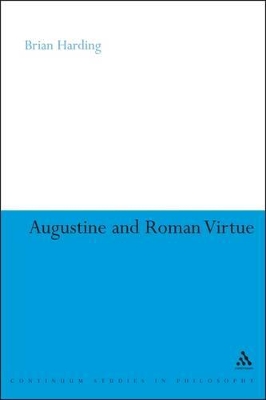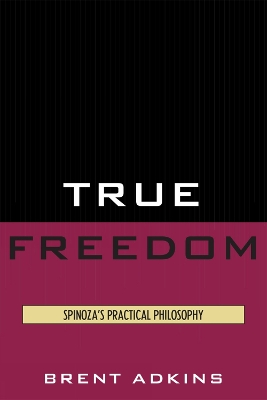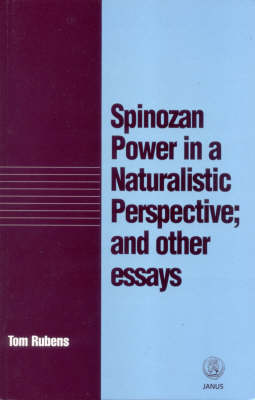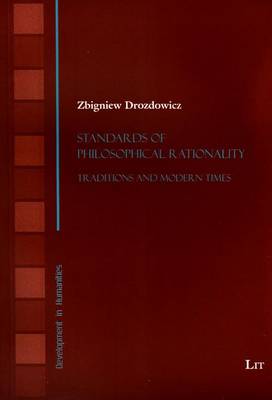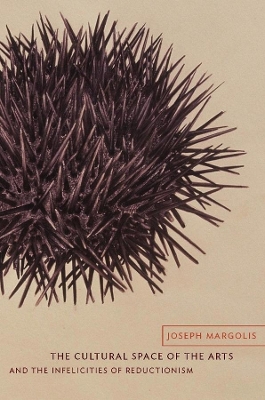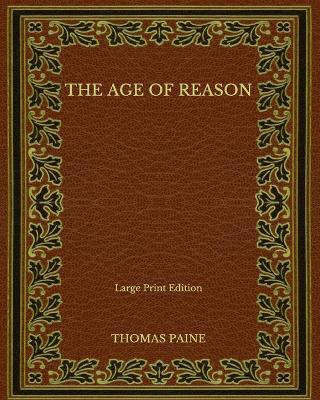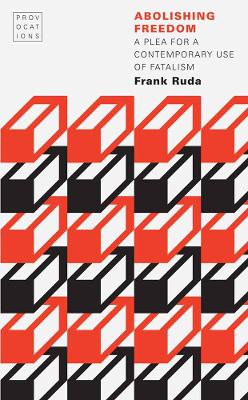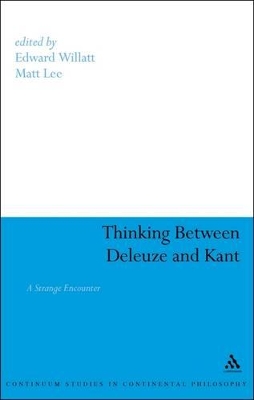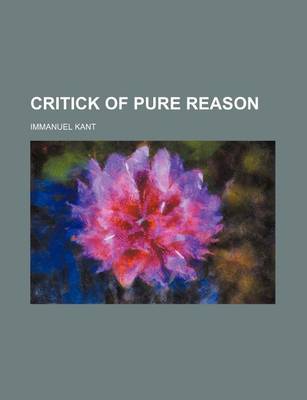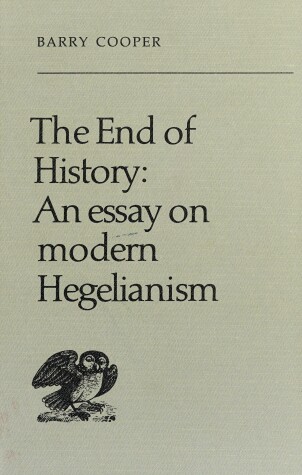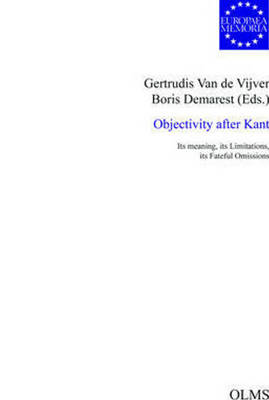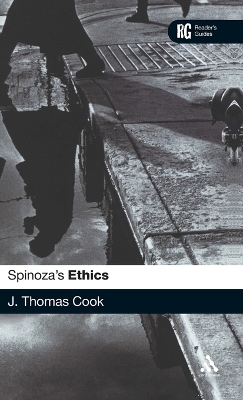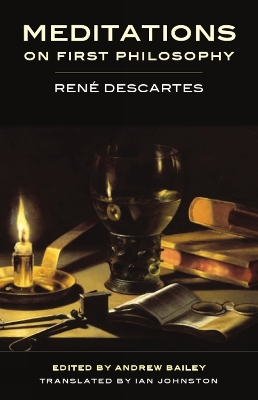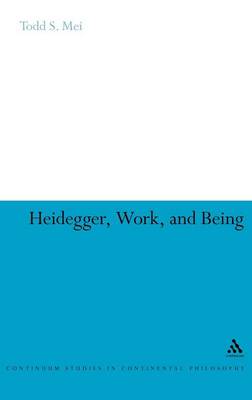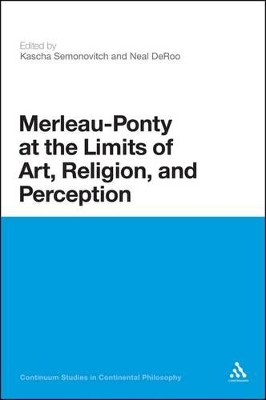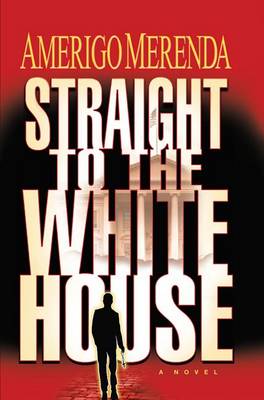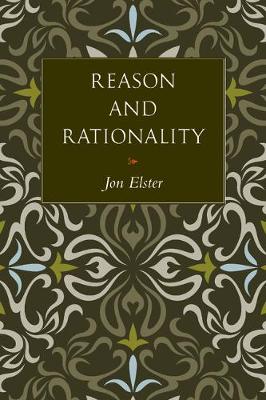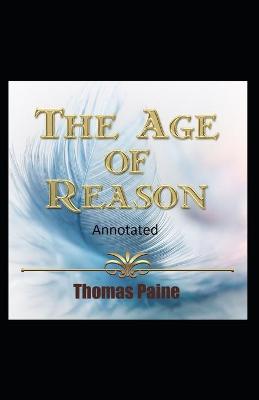The Dimensions of Hegel's Dialectic (Continuum Studies in Philosophy)
The Dimensions of Hegel's Dialectic examines the epistemological import of Hegelian dialectic in the widest sense. In modern philosophy, German idealism, Hegel in particular, is said to have made significant innovative steps in redefining the meaning, scope and use of dialectic. Indeed, it is dialectic that makes up the very core of Hegel's position, yet it is an area of his thought that is widely neglected by the available literature despite the increased interest in Hegel's philosophy in recen...
Hermeneutic Rationality. La Rationalite Hermeneutique (International Studies in Hermeneutics and Phenomenology, #3)
Augustine and Roman Virtue (Continuum Studies in Philosophy)
by Brian Harding
Augustine and Roman Virtue seeks to correct what the author sees as a fundamental misapprehension in medieval thought, a misapprehension that fuels further problems and misunderstandings in the historiography of philosophy. This misapprehension is the assumption that the development of certain themes associated with medieval philosophy is due, primarily if not exclusively, to extra-philosophical religious commitments rather than philosophical argumentation, referred to here as the 'sacralizatio...
True Freedom: Spinoza's Practical Philosophy is a straightforward presentation of Spinoza's philosophy focused on the issue of how one might live. The book is unique among recent Spinoza scholarship in the way in which it centers on the ethical component in Spinoza's work. In order to bring Spinoza's ethics to the fore, Brent Adkins begin with what he considers to be Spinoza's fundamental ethical insight: namely, that emotions are controlled by understanding them. Adkins reveals how the process...
Spinozan Power in a Naturalistic Perspective and Other Essays
by Tom Rubens
Standards of Philosophical Rationality, 1 (Development in Humanities, #1)
by Zbigniew Drozdowicz
Joseph Margolis, known for his considerable contributions to the philosophy of art and aesthetics, pragmatism, and American philosophy, has focused primarily on the troublesome concepts of culture, history, language, agency, art, interpretation, and the human person or self. For Margolis, the signal problem has always been the same: how can we distinguish between physical nature and human culture? How do these realms relate? The Cultural Space of the Arts and the Infelicities of Reductionism id...
Pushing back against the contemporary myth that freedom from oppression is freedom of choice, Frank Ruda resuscitates a fundamental lesson from the history of philosophical rationalism: a proper concept of freedom can arise only from a defense of absolute necessity, utter determinism, and predestination.Abolishing Freedom demonstrates how the greatest philosophers of the rationalist tradition and even their theological predecessors-Luther, Descartes, Kant, Hegel, Freud-defended not only freedom...
Thinking Between Deleuze and Kant (Continuum Studies in Continental Philosophy)
In the wake of much previous work on Gilles Deleuze's relations to other thinkers (including Bergson, Spinoza and Leibniz), his relation to Kant is now of great and active interest and a thriving area of research. In the context of the wider debate between 'naturalism' and 'transcendental philosophy', the implicit dispute between Deleuze's 'transcendental empiricism' and Kant's 'transcendental idealism' is of prime philosophical concern. Bringing together the work of international experts from b...
History ended, according to Hegel according to Koj ve, with the establishment and proliferation in Europe of states organized along Napoleonic lines: rational, bureaucratic, homogenous, atheist. This state lives in some tension with the popular slogan that helped give it birth: Liberty, Equality, Fraternity. But there is now also totalitarianism - the only new kind of regime, according to Arendt, created since the national state. Man is now in charge of nature, technology, and society; much of p...
In Beyond Rationality: Contemporary Issues, scholars from a variety of disciplines explore the concept of "irrationality" in today's increasingly complex world. Combining both theory and practice, this is essential reading for anyone wishing to understand such diverse puzzles as why citizens often readily support dictatorships, how terrorists "reason," and why seemingly rational people often make irrational choices.
This is a comprehensive and thorough guide to Spinoza's masterpiece of Rationalist thought. "The Ethics" is one of the undisputed masterworks of early modern philosophy. In this single volume Spinoza offers the reader an unorthodox account of God, a novel version of the mind-body relation, a systematic theory of the emotions and a detailed prescription for human virtue and blessedness. Too controversial to be published during his lifetime, it was surreptitiously printed by Spinoza's friends afte...
Considered a foundational text in modern philosophy, the Meditations on First Philosophy presents numerous powerful arguments that to this day influence debates in epistemology, the philosophy of mind, and the philosophy of religion. This new translation incorporates revisions from the second Latin edition (1642) and the later French translation (1647) to make Descartes' reasoning as lucid and engaging as possible. Also included in this edition is a brief introduction to Descartes and the Medita...
Heidegger, Work, and Being (Continuum Studies in Continental Philosophy)
by Todd S. Mei
This title provides a novel interpretation of the Aristotelian understanding of work in light of the philosophy of Martin Heidegger. In a world of changing work patterns and the global displacement of working lifestyles, the nature of human identity and work is put under great strain. Modern conceptions of work have been restricted to issues of utility and necessity, where aims and purposes of work are reducible to the satisfaction of immediate technical and economic needs. Left unaddressed is t...
This book poses the question of what lies at the limit of philosophy. Through close studies of French phenomenologist Maurice Merleau-Ponty's life and work, the authors examine one of the twentieth century's most interdisciplinary philosophers whose thought intersected with and contributed to the practices of art, psychology, literature, faith and philosophy. As these essays show, Merleau-Ponty's oeuvre disrupts traditional disciplinary boundaries and prompts his readers to ask what, exactly, co...
One of the world's most important political philosophers, Jon Elster is a leading thinker on reason and rationality and their roles in politics and public life. In this short book, he crystallizes and advances his work, bridging the gap between philosophers who use the idea of reason to assess human behavior from a normative point of view and social scientists who use the idea of rationality to explain behavior. In place of these approaches, Elster proposes a unified conceptual framework for the...
